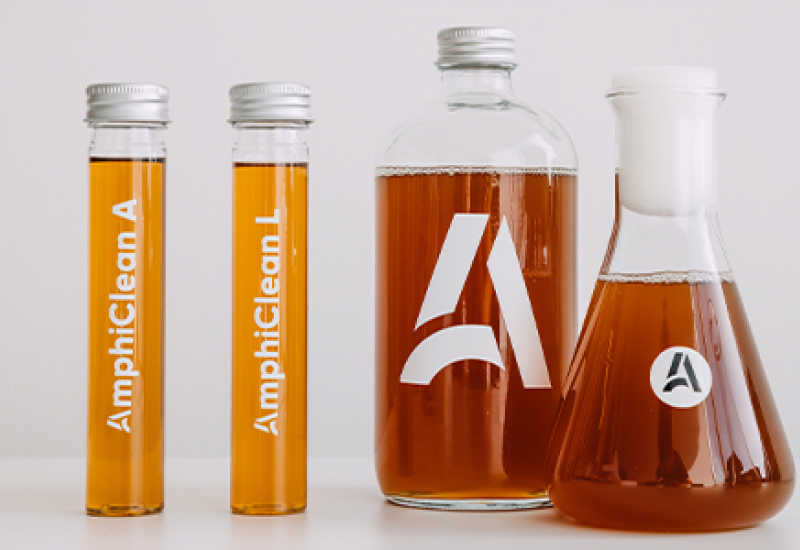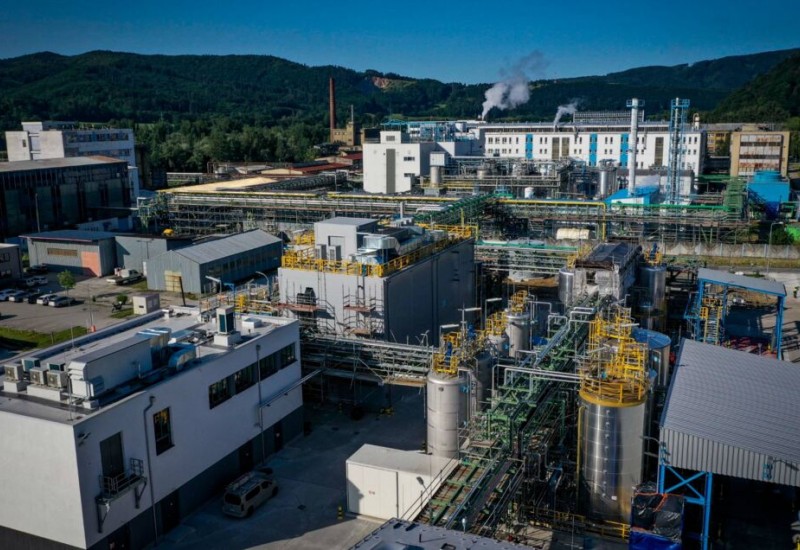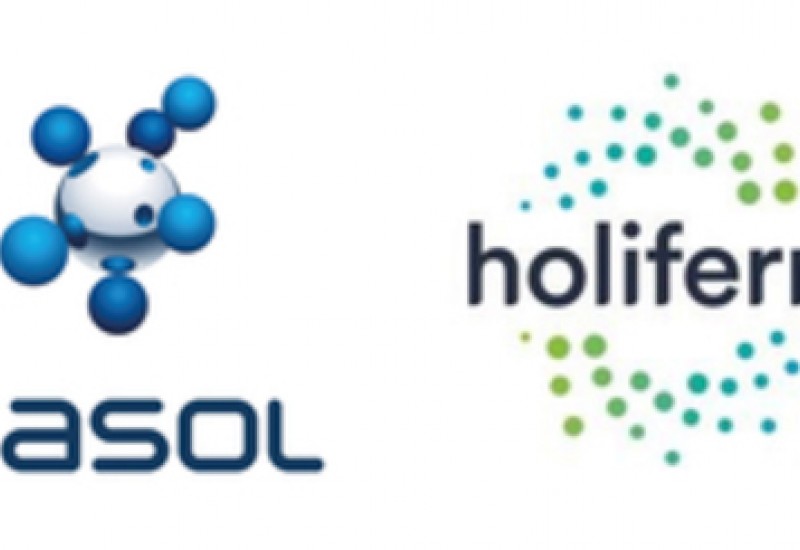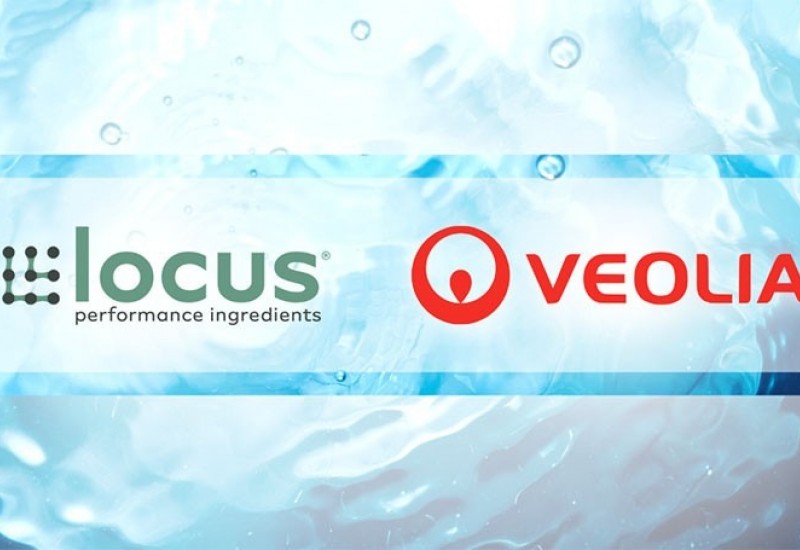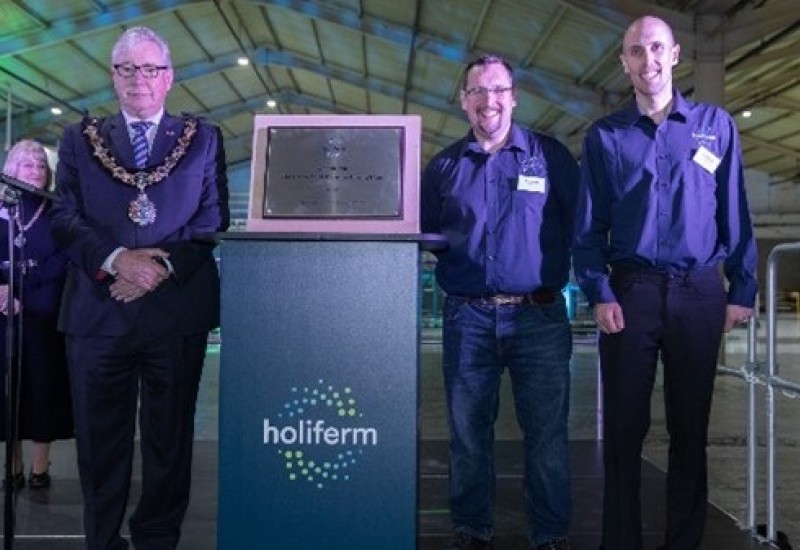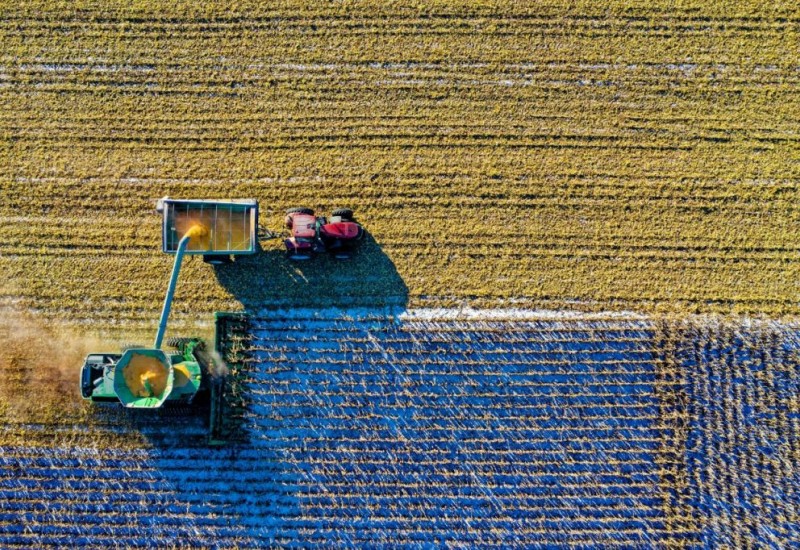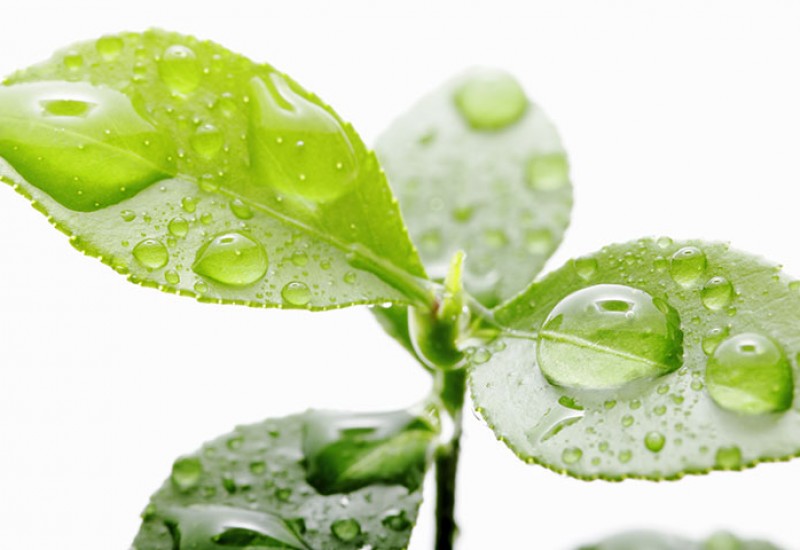First waste-based biosurfactants
Belgian start-up AmphiStar has launched what it claims are the first fully upcycled biobased surfactants under the trade names AmphiCare and AmphiClean. These are produced “using clean biological conversion processes and derived from local, organic biowaste and side streams from agri-food processing”.


